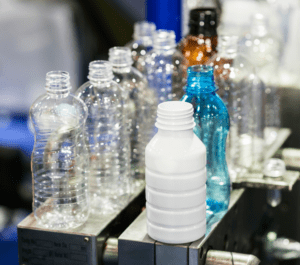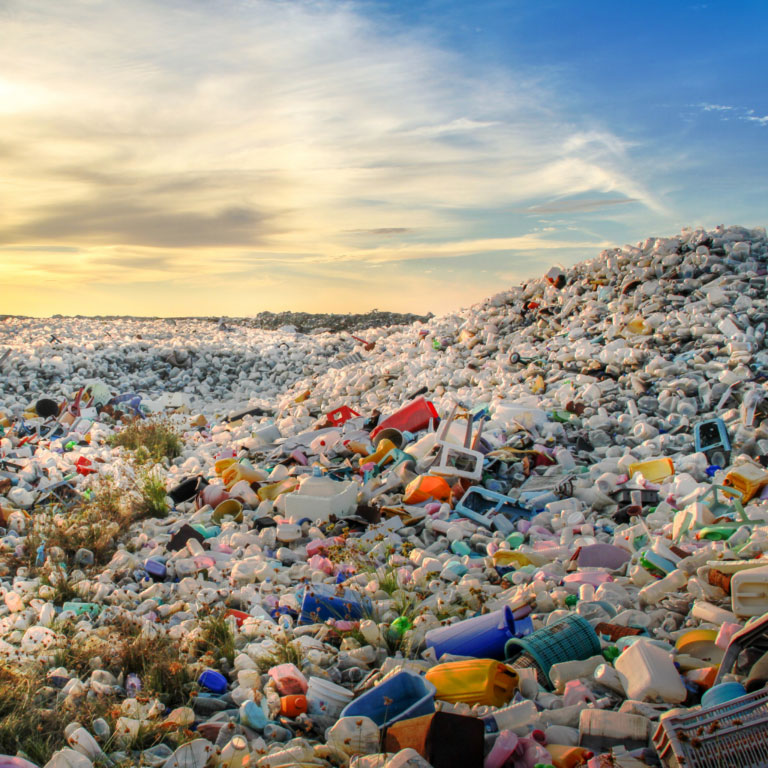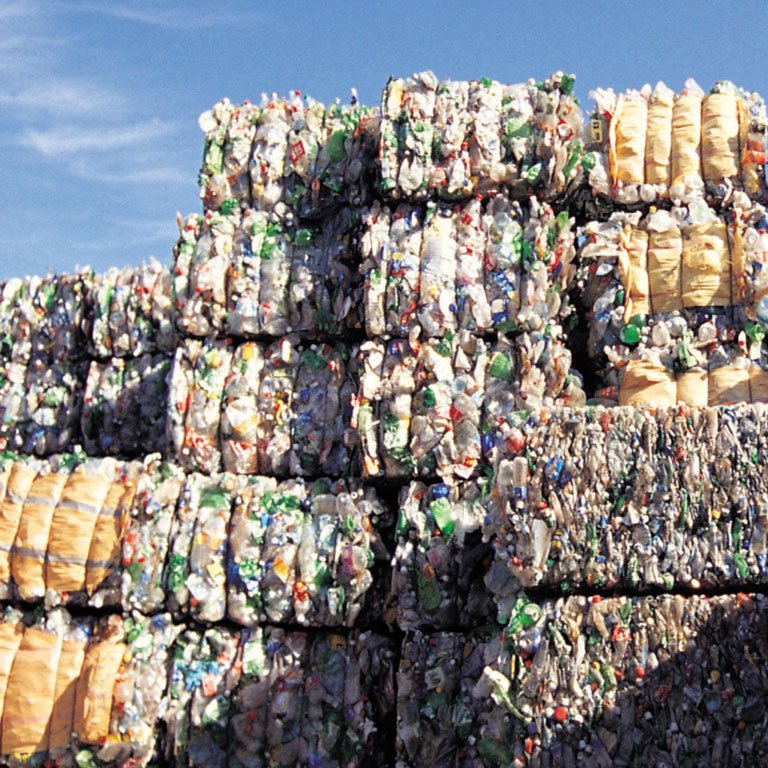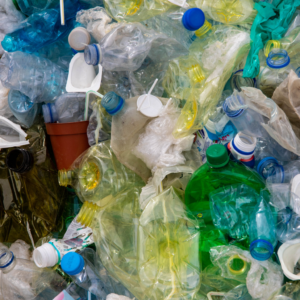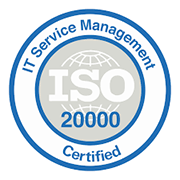If you are still wondering which sectors are most affected by the new plastic taxread on. We are going to give you some clues about the impact that the new tax has on certain companies since January 1, 2023, and by virtue of
Law 7/2022 of April 8, 2002, on waste and contaminated soils for a circular economy
,
the new tax is applied to single-use plastic and not from recycled plastic.
The weight of plastic in the production system
In 2019, the
plastics production
in the world reached almost 370 million tons, 58 million in Europe, accounting for 16 % of a global production led by China with a 31 % share.
These figures give us an idea of the importance and prominence of plastics in our economy and production system.
of plastics in our economy and production system.
.
So, taking into account
the weight of plastic
and that it is a material present in practically every sector of activity and every facet of everyday life, the sectors affected by the new plastic tax are the sectors affected by the new plastics tax are diverse. are diverse.
The latter will have to pay
a tax rate of 0.45 euros/kg of single-use plastic.
single-use plastic.
Companies most affected by the plastic tax
Directly, the new legislation and excise tax on non-reusable plastic
excise tax on non-reusable plastic packaging is directly
is incumbent upon
manufacturers, importers and exporters of packaging, packaging tapes and films, shrink-wrap
packaging tapes and films, shrink wrapping material, etc., containing non-reusable plastic.
In other words, the measure has a special impact on packaging manufacturers.
manufacturers of packaging
for use in warehousing, logistics and transport, as well as those who produce single-use packaging.
single-use packaging
in sectors as diverse as food, beverages, cosmetics, etc.
Specifically, the new regulation specifies the obligation for those who manufacture, import or purchase
those who manufacture, import or intra-community purchase of non-recycled plastics
non-reusable packaging,
semi-finished plastic products for packaging (such as thermoplastic sheeting) and plastic parts designed to close or facilitate the marketing of packaging.
So, among the sectors sectors most affected by the new plastics tax are not only producers, but also distributors. We would find not only the producers, but also the distributors, of course, of large surfaces, since the stores that do not exceed 400 square meters will not be obliged to face this tax.
Most consumed plastics in Spain
In 2019, the European plastics sector generated a turnover of €350 billion between
plastics raw materials producers, plastics processors, plastics recyclers and machinery manufacturers
, plastics recyclers and machinery manufacturers – in total, almost 55,000 companies.
The plastics industry in Europe ranks seventh in contribution to industrial value added.
In the EU,
Spain ranks fourth in demand for plastic
with a 7.8% share. Domestic processors lag behind Germany (24.2%), Italy (13.8%) and France (9.5%).
Packaging and building & construction represent the largest end-use markets, followed by the automotive industry, according to data from the
PlasticsEurope Market Research Group (PEMRG) and Conversio Market & Strategy GmbH.
.
As for the most demanded plastics, these were Polypropylene (PP) and Low Density and Linear Low Density Polyethylene (LDPE/LLDPE), used in the manufacture of food packaging, candy wrappers, hinged caps, microwaveable containers, pipes, automotive parts, reusable bags, trays and containers, agricultural film, food packaging film, etc.
How to deal with the plastic tax
Most of the companies affected in our country are SMEs. Fortunately, they have at their disposal digital tools designed to facilitate tax calculation and processing.
At i3s, we have an
solution for the efficient management of the Plastic Tax with SAP.
. SAP Responsible Design and Production ensures regulatory compliance, calculates the cost of the corresponding tax and presents more sustainable design alternatives oriented to the Circular Economy.

